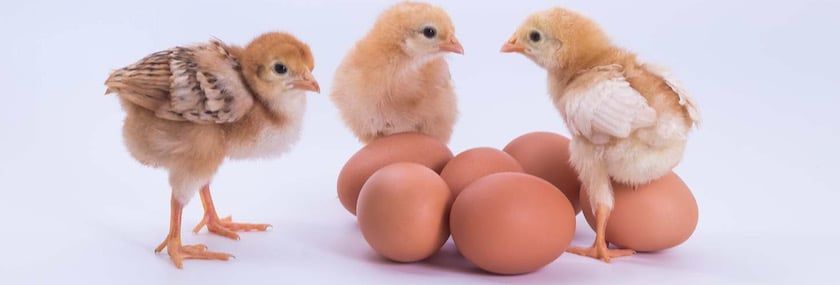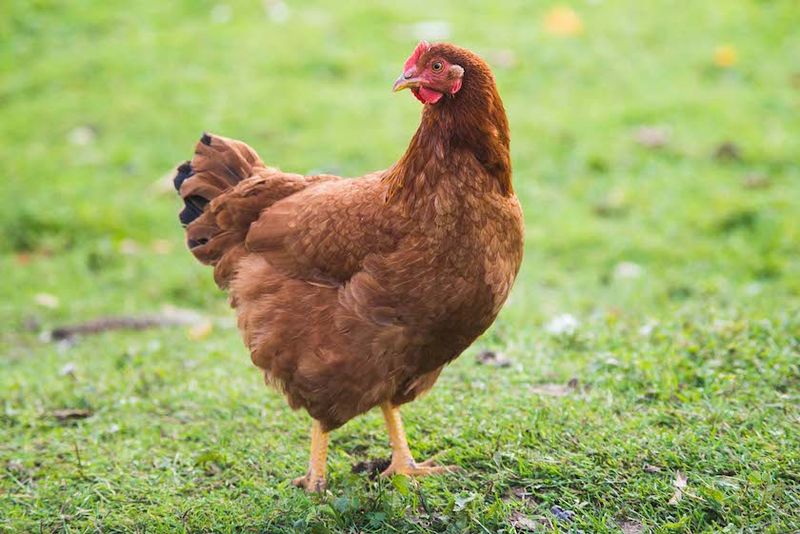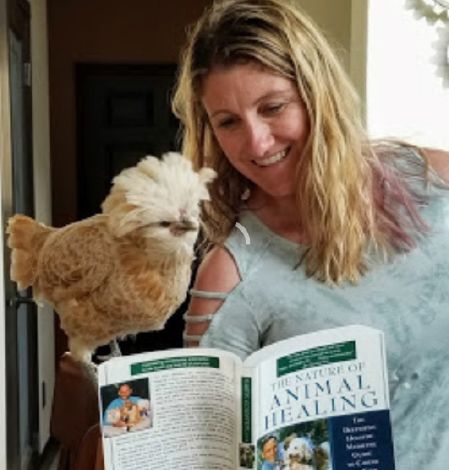How Can You Resist Rhode Island Reds?


A ‘dual-purpose’ chicken worth keeping
Want a stately, easy-going and robust bird that is also extremely successful and is a prolific egg-layer? Look no further than the Rhode Island Red.
About the breed
The story of Rhode Island Reds goes way back to 1854. William Tripp, a sea captain and farmer in the little town of Little Compton R.I., purchased an unusual-looking bird, a Malay rooster. Mating it with his own chickens that included Cochin China hens, he noticed that the offspring of this courtship laid many more eggs than his regular chickens. Thus, he began breeding in earnest.
Early Rhode Island Red poultry were known as Tripp’s Fowl or Macombers (from interaction with fellow breeder John Macomber); they were later refined through breeding with Java, Light Brahma, Plymouth Rocks, Chinese Cochin, and Brown Leghorns.
It was another local poultryman, Isaac Wilbour, who is credited with coining the name: Rhode Island Reds.
Appearance
Solid and stately are two words that best describe the looks of Rhode Island Reds. These birds hold their heads high and keep their tails at a 45-degree angle. Their feathers are stiff, not fluffy, and compact.
True to their name, they are most commonly found in a gorgeous, ruddy chestnut red color.

Some black feathers may exist, but they are not desired and are considered “smutty.”
These backyard beauties are average-sized, around 6pounds; 5 pounds for hens, and 8.5 pounds for roosters. There is a bantam variety who weigh in at a dainty 2 pounds.
They can have either rose or single combs which are well-defined and on the small side. Their skin, legs and beaks are yellow.
Personality
Rhode Island Reds are quite the curious and exuberant backyard pet! They love to explore and often are the first in the flock to check out new scratching grounds. They are pretty brave, and tend to investigate adversaries instead of being flighty or nervous.
They can have quite a variety of personalities from docile and sweet to pushy and raucous. Most often, these birds are a mix of loving, curious and entertaining. However, warn the neighbors… because these chickens like to talk. Though they can be pushy at mealtimes, they tend to lie somewhere in the middle of the pecking order.
Hens are typically pretty laid back with people and enjoy following their human around begging for treats; the roosters, on the other hand, have gotten a bad rap for being very aggressive and protective of the flock.
Rhode Island Reds enjoy foraging and scavenging for yummy morsels, but also adapt well to confinement if given plenty of scratch.
Health
Rhode Island Reds are great for beginner backyard poultry enthusiasts as they are easy keepers and hardy. They are not susceptible to many diseases and tend to thrive in almost any condition – whether it be sub-zero temperatures or soaring into the 100’s.
Their combs are medium-sized, not terribly apt to become frostbitten but a generous slathering of Vaseline will prevent it nonetheless.
Egg production
Rhode Island Reds come in 2 “strains”: Heritage and Productive. The productive strain can be pretty prolific layers clocking in around 5-6 eggs a week—that’s 200 to 300 eggs per year!
The Heritage strain offers 3-4 eggs a week but will lay for longer period of years.
The eggs are medium to large and light brown in color.
Overall
Rhode Island Reds are fun, high-spirited, and curious birds that can offer you years of delicious eggs and backyard antics. These birds are hardy, entertaining, and perfect for beginners or advanced flock-keepers alike!
You almost can’t go wrong with this breed.
Tags:Chicken Chatter

Acreage Life is part of the Catalyst Communications Network publication family.
















